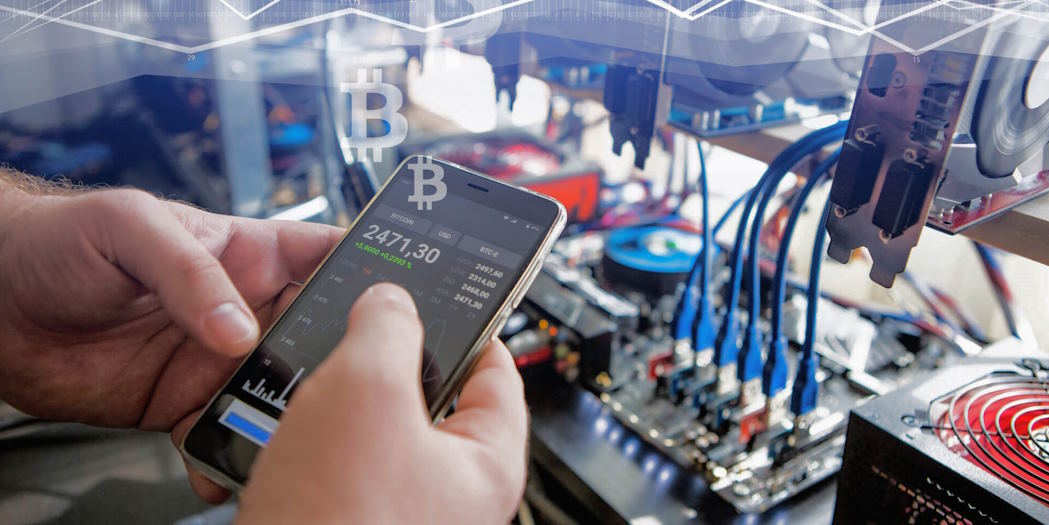The process of cryptocurrency mining, once a niche pursuit for tech enthusiasts and early adopters, has transformed into a global industry worth billions of dollars. Fundamentally, mining involves the creation of new digital coins and the validation of transactions within blockchain networks. Yet, as the cryptocurrency ecosystem has evolved, so too has the complexity and competitiveness of mining operations.
What are common challenges in this process?
Once a relatively straightforward process, mining cryptocurrencies has evolved into a complex and challenging endeavor. Here are some of the key challenges faced by cryptocurrency miners today:
High Initial Investment
A primary obstacle lies in the significant initial capital investment demanded. Miners are obligated to procure specialized hardware, such as ASICs (Application-Specific Integrated Circuits) or high-performance GPUs (Graphics Processing Units). This hardware often carries a substantial price tag, with costs escalating as technology progresses.
Energy Costs
Cryptocurrency mining is notorious for its energy consumption. ASIC miners, especially those used in Bitcoin mining, consume vast amounts of electricity, leading to high operational costs.
Cooling and Infrastructure
Mining hardware generates heat, necessitating effective cooling solutions. Large mining operations require dedicated facilities with cooling systems, adding to the infrastructure costs.

Intense Competition
The field of cryptocurrency mining has grown fiercely competitive, especially for well-known coins like Bitcoin. This intensified competition has resulted in heightened computational demands and diminished rewards for individual miners.
Mining Pool Dominance
Many miners join mining pools to increase their chances of earning rewards. However, the dominance of a few large mining pools in some networks can centralize mining power and potentially lead to network security concerns.
Regulatory Challenges
Cryptocurrency mining faces regulatory challenges in many regions. Some governments impose restrictions on mining activities due to concerns about energy consumption, tax evasion, or environmental impact.
Hardware Obsolescence
Cryptocurrency mining hardware becomes obsolete quickly as newer, more efficient models are developed. Miners must continually upgrade their equipment to remain competitive.
Knowledge and Technical Expertise
Successful mining requires a deep understanding of blockchain technology, mining software, hardware configuration, and troubleshooting. Lack of this technical knowledge can be a barrier for newcomers.
In any case, miners must carefully evaluate the costs and benefits to determine if mining remains a viable endeavor for them.

